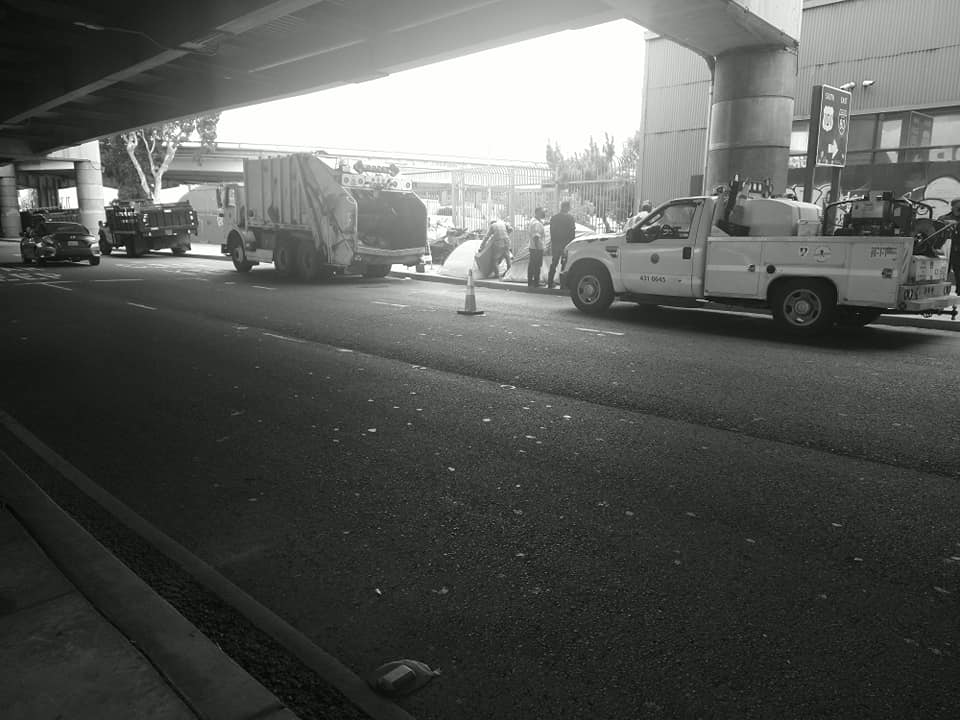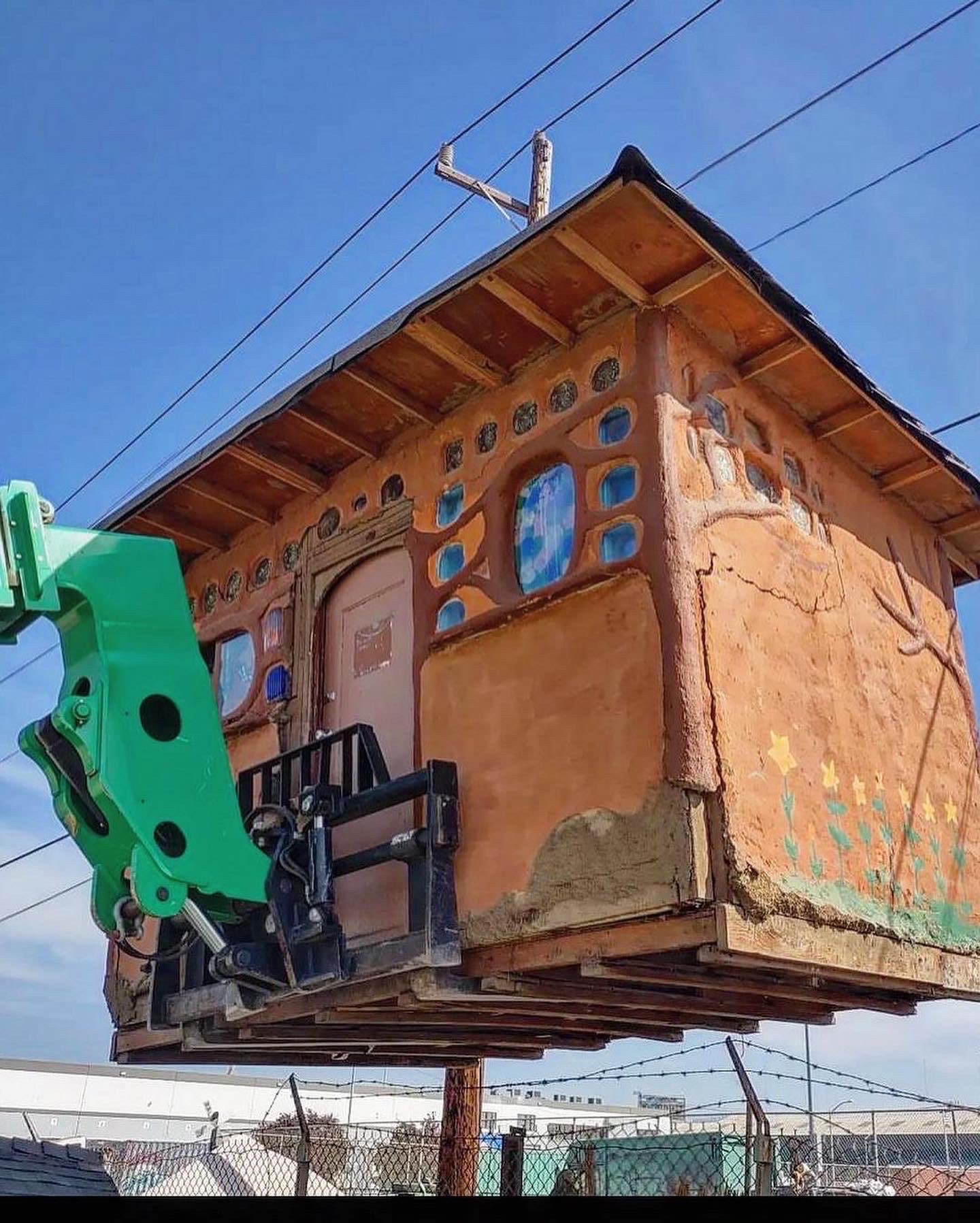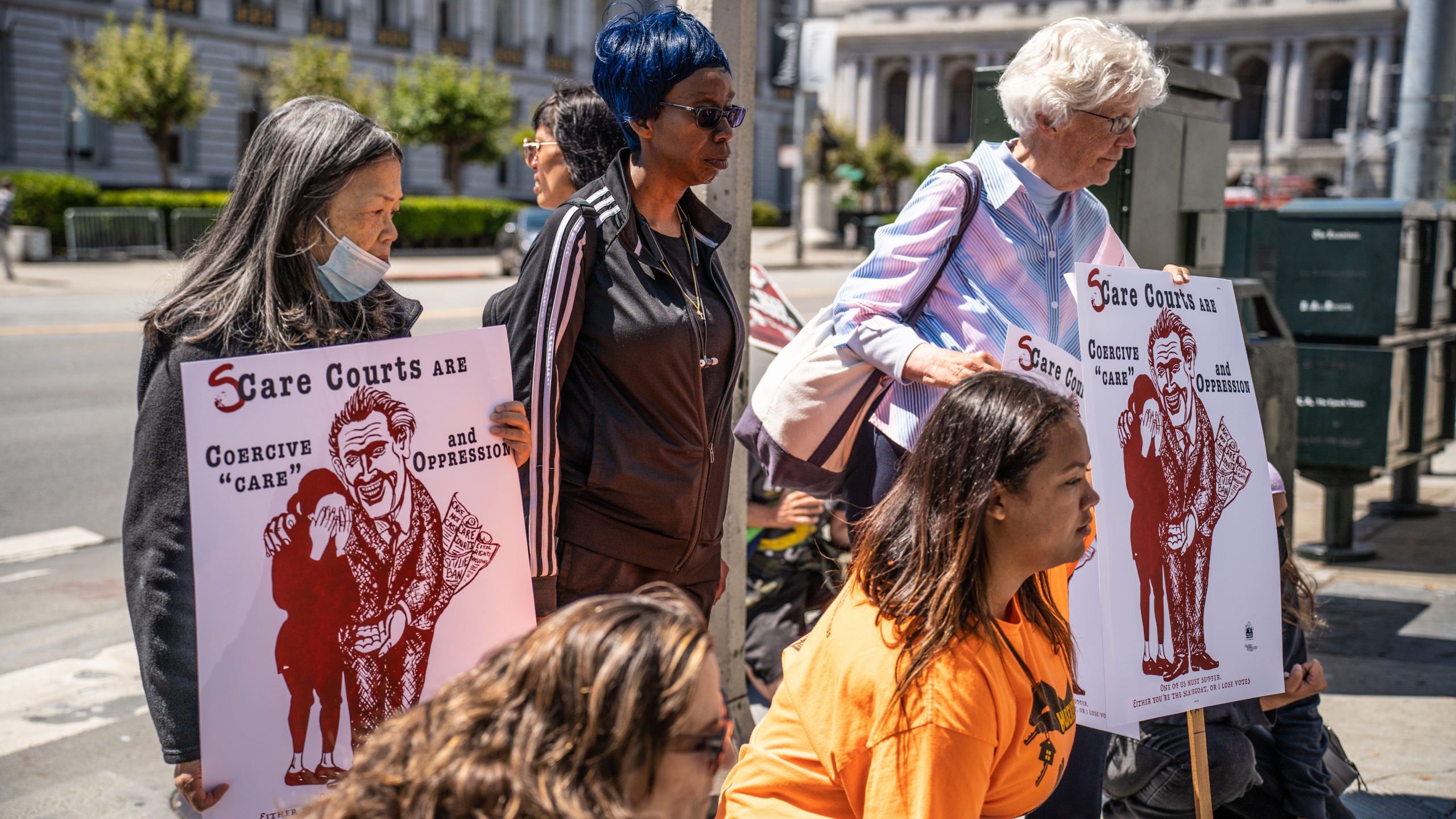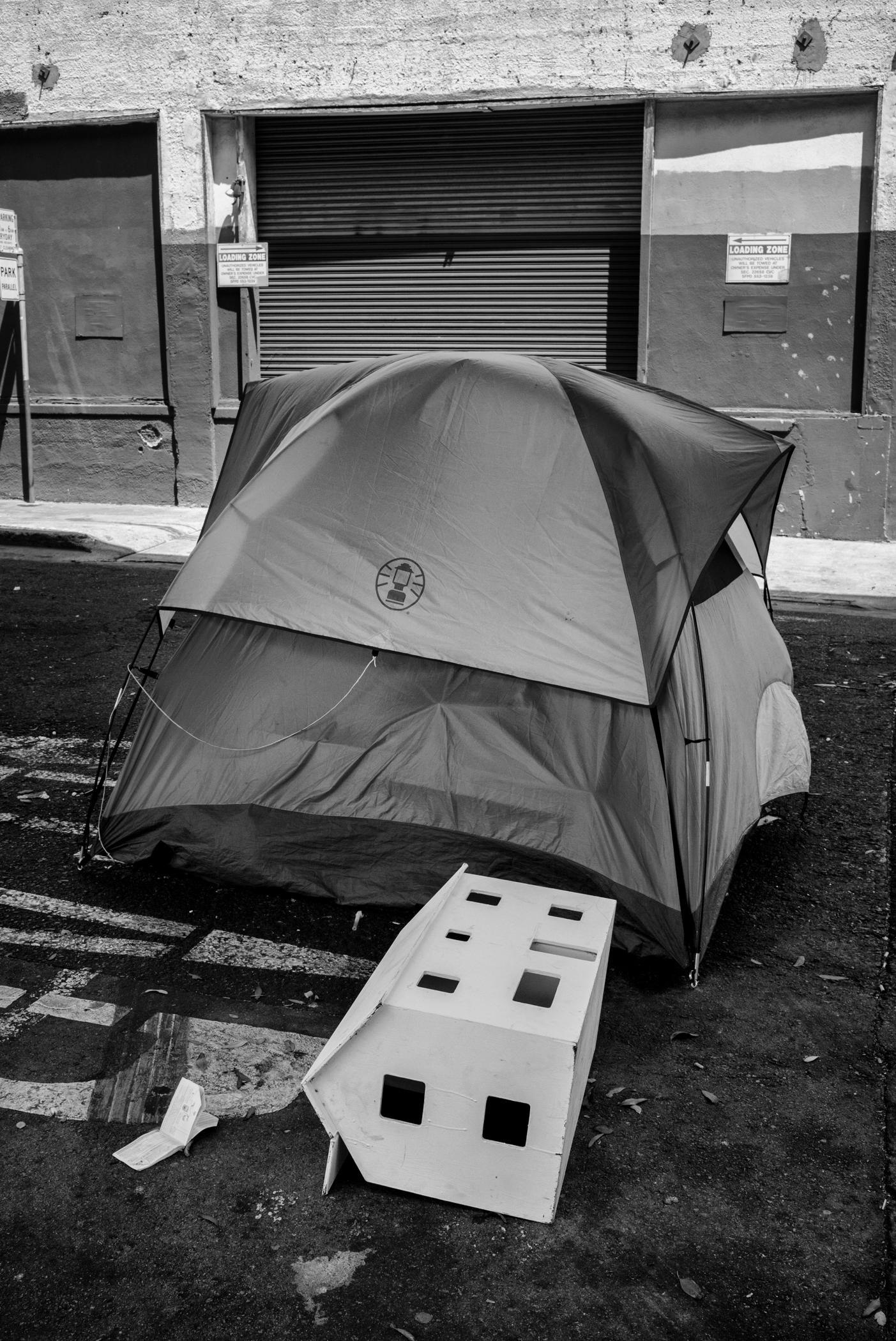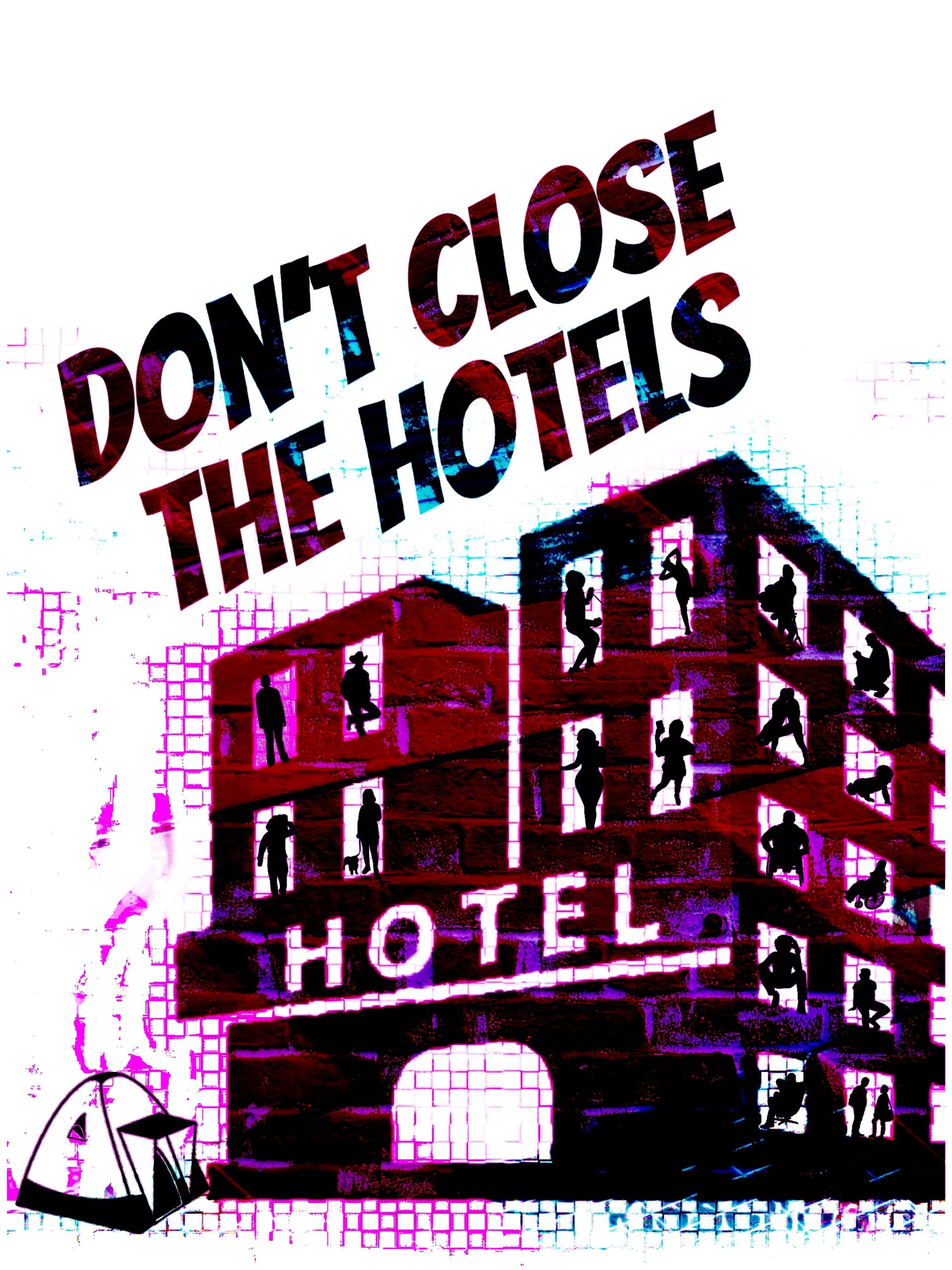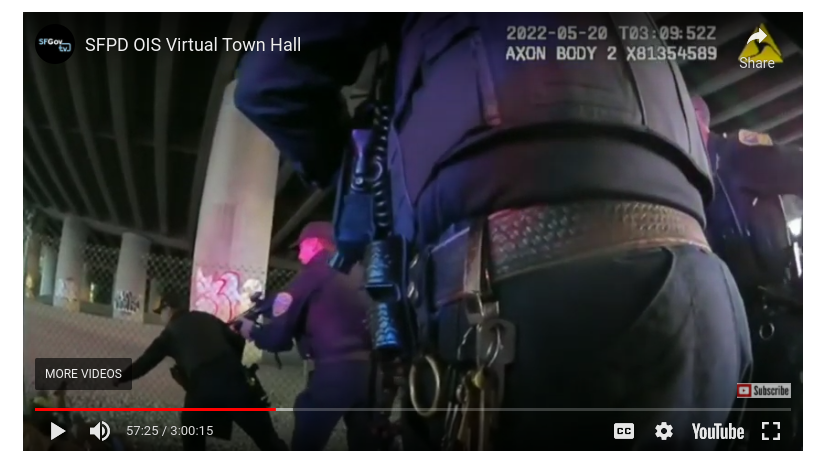What We’re Looking For as Prop C Funds Roll Out
BellaRoze Nelson
San Francisco is OUR home. No matter where we came from or how we ended up here, we are here. We are human, we too reminisce about the good old days, and wonder when the line between right and wrong got so hazy. The streets of San Francisco tell a brutal story of wealth, poverty and the pursuit of profit over the housing needs of human beings.



